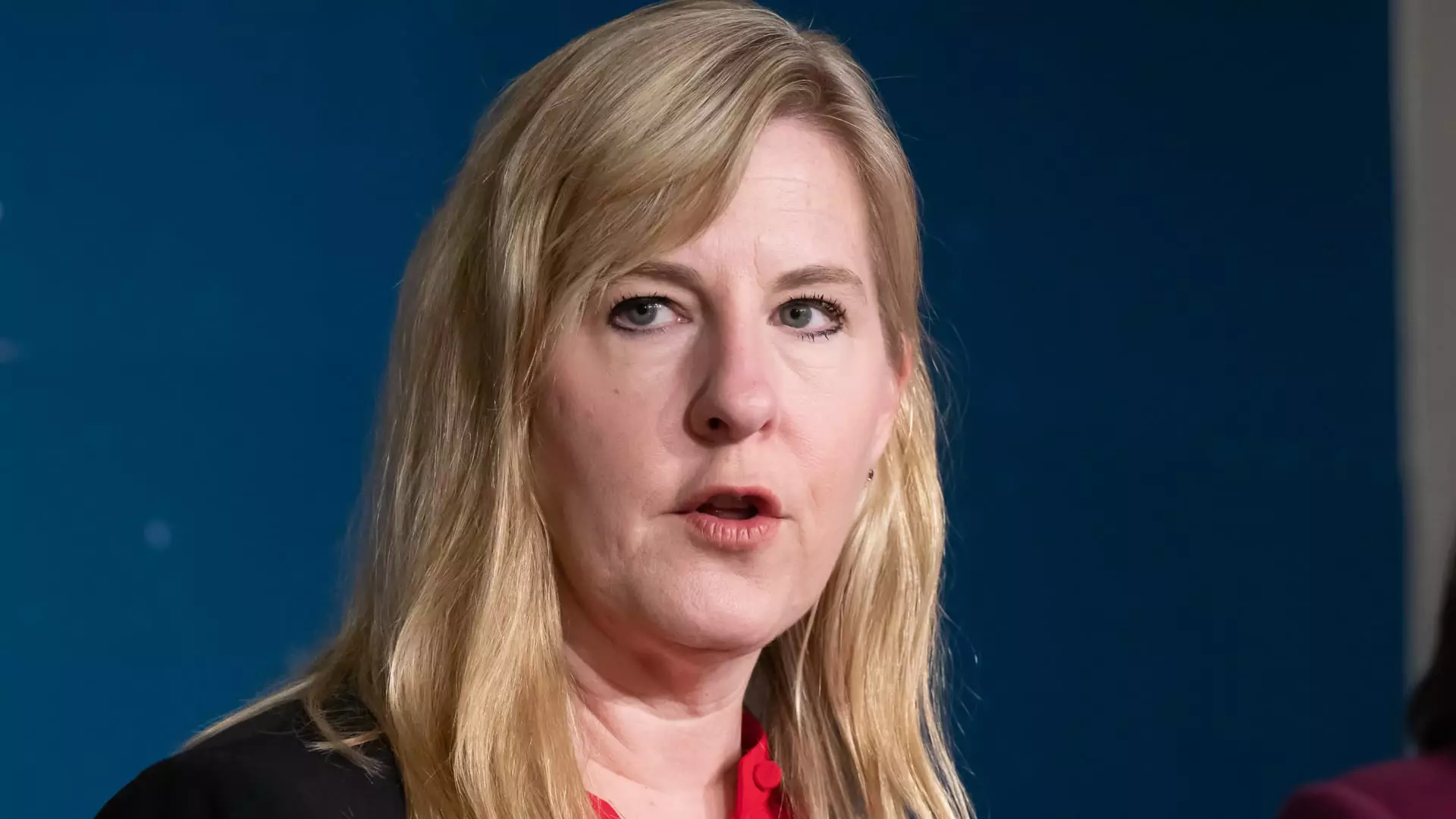The recent tragic events unfolding in Minnesota, where former House Speaker Melissa Hortman and her husband were tragically killed, unveil a frightening trend in political violence that should alarm every citizen. Referred to by Governor Tim Walz as a “politically motivated assassination,” this incident marks not just the loss of a prominent leader, but a deepening chasm of fear that crashes the very spirit of democracy. As someone who closely observes the political landscape, I cannot help but feel deeply distressed by the implications of such brutal acts. This heinous event is a sobering reminder of the fragility of our democratic process.
As detailed in initial reports, Hortman’s husband, Mark, was also killed in this ambush, while Minnesota State Senator John Hoffman and his wife were seriously injured but survived. The violence has prompted a serious manhunt for a suspect disguising himself as a police officer, making the entire situation more alarming. It is unconscionable that sitting legislators—who are entrusted with the responsibility to serve the public—should have to look over their shoulders, fearing for their lives due to unseen threats.
The Disturbing Underbelly of Political Extremism
What is particularly haunting about this incident is the so-called “manifesto” discovered in the suspect’s car, which pointed to a calculated attack on lawmakers. This concoction of ideology fueled by extremism evokes a chilling narrative that has been brewing for years in American politics. As a center-wing liberal, I am compelled to confront this unsettling reality: There exists a perilous blurring between passionate dissent and outright violence in political discourse. It seems we are descending further into a spiral of hatred, where ideologies justify the unthinkable, and the rights of politicians—or those who merely oppose certain views—are extinguished in a hail of gunfire.
Understandably, figures like President Donald Trump and U.S. Attorney General Pam Bondi have condemned these acts of violence, vocally asserting that this “horrific violence will not be tolerated.” However, as politicians make their stern statements, one must ask: what real solutions are being pursued to address the ideological toxins that enable such brutality? Merely condemning violence isn’t enough when the roots of fear and hatred are cultivated and allowed to flourish unchecked.
Public Safety vs. Political Expression
In light of these events, the Minnesota State Patrol’s decision to advise the public against attending planned rallies underlines a significant clash between public safety and the right to political expression. With demonstrations already charted across the nation as part of “No Kings Day,” the atmosphere of anger and dissent is palpable. While freedom of assembly and speech are bedrocks of our democracy, should not our lawmakers and citizens alike be afforded a level of safety when engaging in such robust democratic expression?
This contradictory dynamic reflects the depth of our current social dilemmas; the yearning for change must not come at the cost of safety. The grim irony that political protests can shift from spirited engagement to potential danger is not what America stands for—and if this isn’t a wake-up call to take extremism seriously, I don’t know what is.
Fostering a Culture of Respect and Dialogue
As we navigate this tumultuous moment, it is imperative that we rally around the values that unite us rather than those that divide us. In my opinion, we must cultivate an environment where dialogue flourishes and respect for differing opinions prevails over violent confrontation. Institutions, lawmakers, and citizens must seek to reinforce the idea that political disagreements do not equate to personal vendettas. We need a paradigm shift—away from raw emotion that breeds violence and toward constructive dialogue that seeks to understand one another, even amid stark differences.
The haunting specter of violence against our public servants calls for a collective awakening. We cannot allow fear to dictate our politics; we must rise against the toxic elements that permeate our cultural discourse. In the wake of this tragedy, as citizens navigating a fragile democracy, it is upon us to demand accountability from all corners while advocating for a society where political differences are resolved through words, not weapons.

